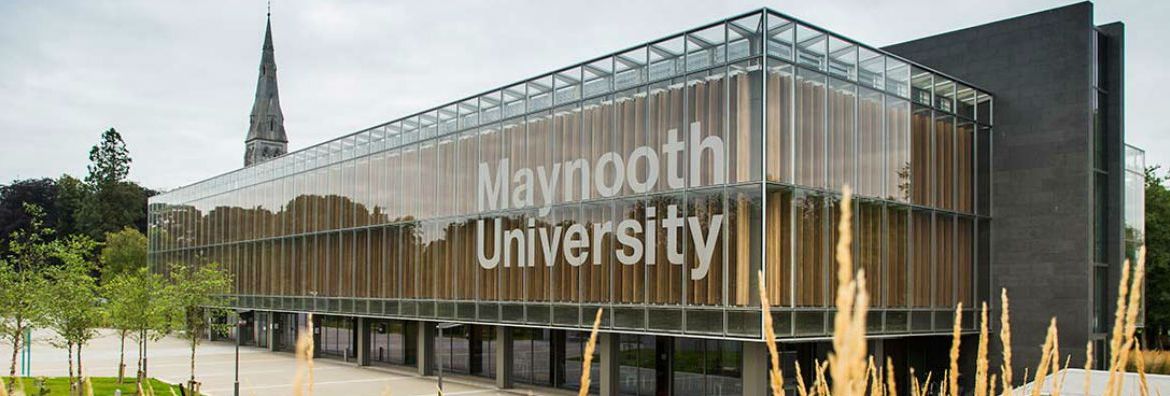
Meet our pilot universities: Maynooth University
6th June 2025
Among EasyPro’s four pilot universities is Maynooth University. The below blogpost by Customer Solutions Manager David Enright outlines how ESB Smart Energy Services has been engaged with this university as decarbonisation partners.
ESB SES and Maynooth University: A partnership for a sustainable future
In a ground breaking collaboration, ESB Smart Energy Services has partnered with Maynooth University to help achieve their ambitious 2030 decarbonisation target. This partnership is set to deploy a range of innovative technologies, each contributing to a greener and more sustainable campus. The initiative features a diverse blend of funding models, with some technologies fully funded by ESB, others by Maynooth University, and several through a hybrid funding approach.
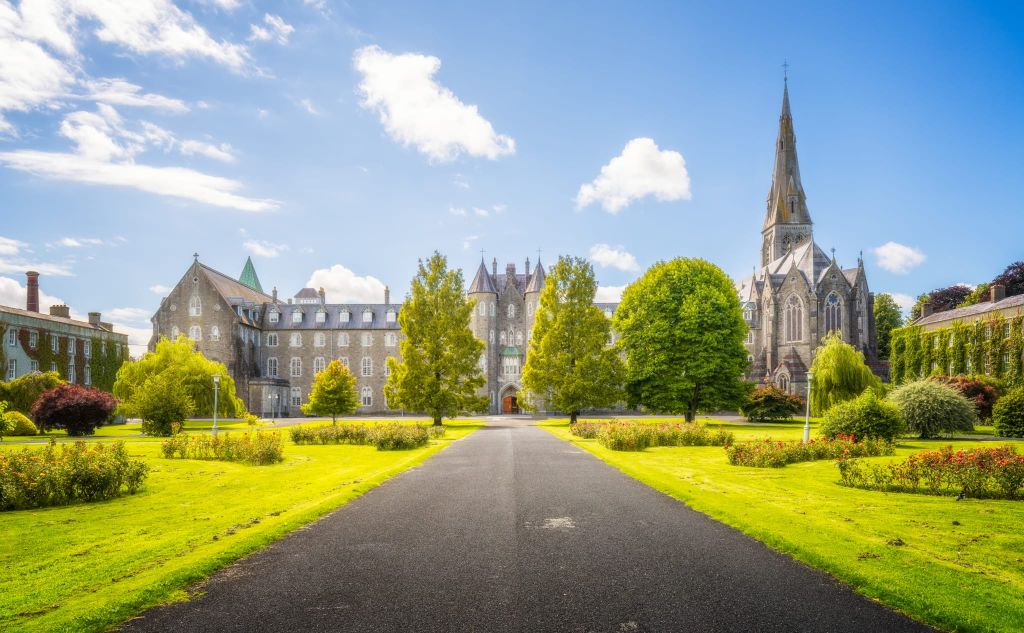
Tender application: Seeking expertise
Maynooth University’s journey towards this exciting new partnership began with a tender application to find a credits and decarbonisation partner. The university sought a partner with extensive experience in deploying multiple technologies across a campus setting. ESB Smart Energy Services, with its proven track record and expertise in sustainable energy solutions, emerged as the ideal partner to help Maynooth University achieve its ambitious decarbonisation targets.
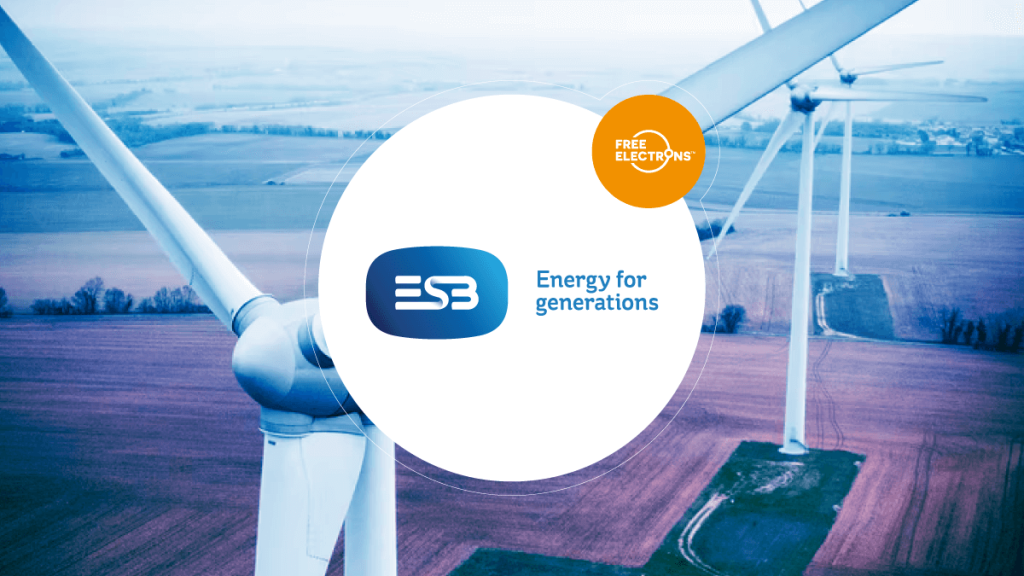
SEAI EEOS Scheme: Credits partnership
As an obligated party under the SEAI Energy Efficiency Obligation Scheme (EEOS), ESB plays a crucial role as Maynooth University’s credits partner. This partnership ensures that the energy savings achieved through the deployment of these technologies are accurately credited, further supporting the university’s decarbonisation efforts. The collaboration under the EEOS scheme highlights the commitment of both ESB and Maynooth University to achieving significant energy efficiency improvements and contributing to national sustainability goals.

Car port solar: Harnessing the power of the sun
One of the standout technologies in this partnership is the deployment of a 1.3MW car port solar PV array, which has recently been granted an initial planning approval by Kildare County Council. These panels will be mounted on a new frame and installed over parking areas, transforming them into energy-generating hubs. Car port solar panels not only provide shade and protection for vehicles but also harness solar energy to power the campus and allow for rainwater harvesting. This technology is fully funded by ESB, showcasing their commitment to renewable energy solutions. By utilising car port solar panels, Maynooth University can significantly reduce its reliance on non-renewable energy sources, bringing it closer to achieving its decarbonisation goals.
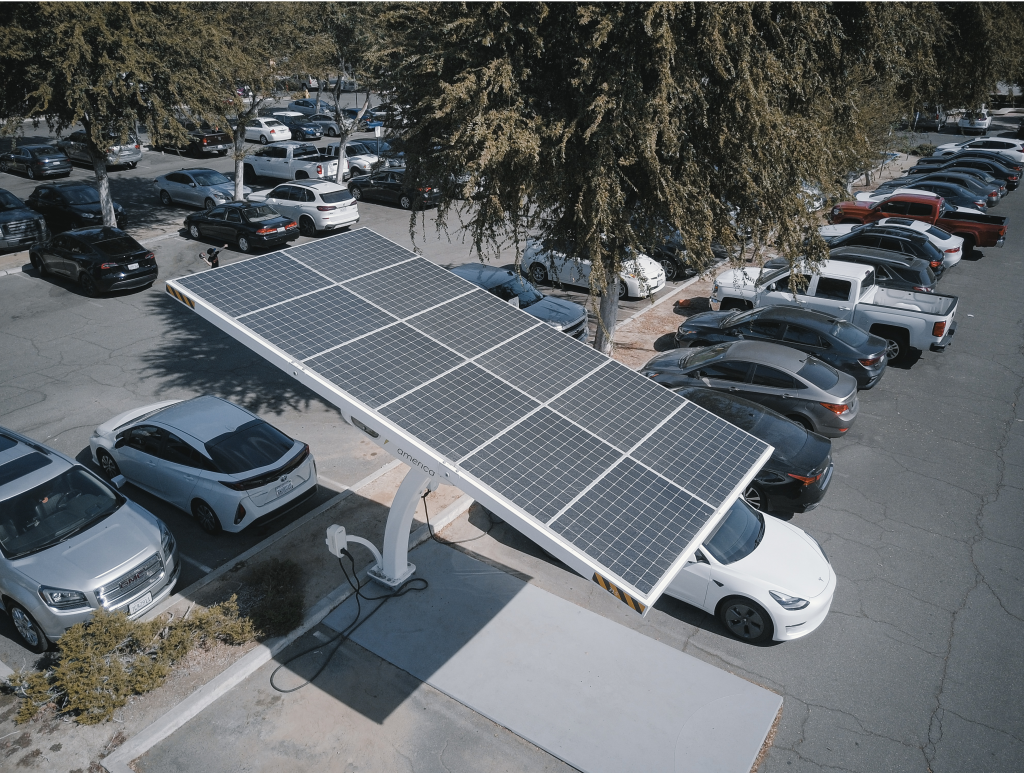
Multiple heat pumps: Efficient heating solutions
Another key technology being implemented is the use of multiple heat pumps. Heat pumps are highly efficient devices that transfer heat from one place to another, providing both heating and cooling as required. This technology is funded through a hybrid model, with both ESB and Maynooth University contributing to its implementation. Heat pumps are particularly effective in reducing carbon emissions because they use electricity to move heat, rather than generating it through combustion. By deploying multiple heat pumps across the campus, Maynooth University can ensure a comfortable environment for students and staff while minimising its carbon footprint.
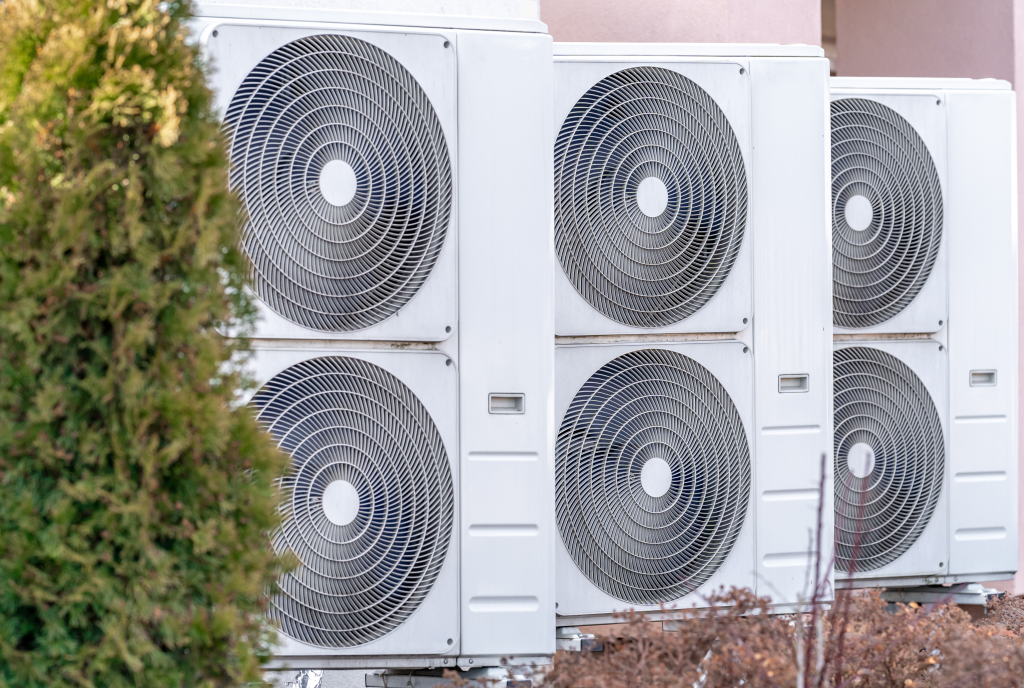
Smart lighting and BMS optimisation: Intelligent energy management
Smart lighting and Building Management System (BMS) optimisation are also integral to this partnership. Smart lighting involves the use of energy-efficient LED lights combined with sensors and automated controls to ensure that lighting and HVAC are used only when necessary. This reduces energy consumption and enhances the overall efficiency of the campus. BMS optimisation involves upgrading the existing building management systems to better monitor and control energy usage. These technologies are funded by ESB Smart Energy Services, reflecting their dedication to smart energy solutions. By the end of summer 2025, the Eolas and Bioscience buildings will feature over 3,000 new luminaires, a new Building Management System (BMS), an optimised BMS, and intelligent sensors that enable room-by-room control of lighting and HVAC based on occupancy. By optimizing lighting, HVAC and building management, the university can achieve substantial energy savings and contribute to its decarbonisation targets. It is important to note that renewable projects often have a long lead time between detailed design, planning permission and lead time on materials. With the 2030 decarbonisation target fast approaching, now is the time to plan for the deployment of these types of sustainable technologies.

Conclusion: Future goals and current collaboration with EasyPro
The partnership between ESB Smart Energy Services and Maynooth University is a shining example of how collaboration and innovation can drive progress towards sustainability. By deploying car port solar panels, multiple heat pumps, smart lighting, BMS optimisation and advanced HVAC controls, the university is taking significant steps towards achieving its 2030 decarbonisation target. This initiative not only benefits the environment but also sets a precedent for other institutions to follow. Together, ESB Smart Energy Services and Maynooth University are paving the way for a greener, more sustainable future.
Maynooth University and ESB will collaborate with the EasyPro project to explore further funding opportunities and set-up cost-effective Energy Performance Contracts.
To learn more about how ESB Smart Energy Services is guiding businesses to a clean energy future, https://esb.ie/what-we-do/smart-energy-services